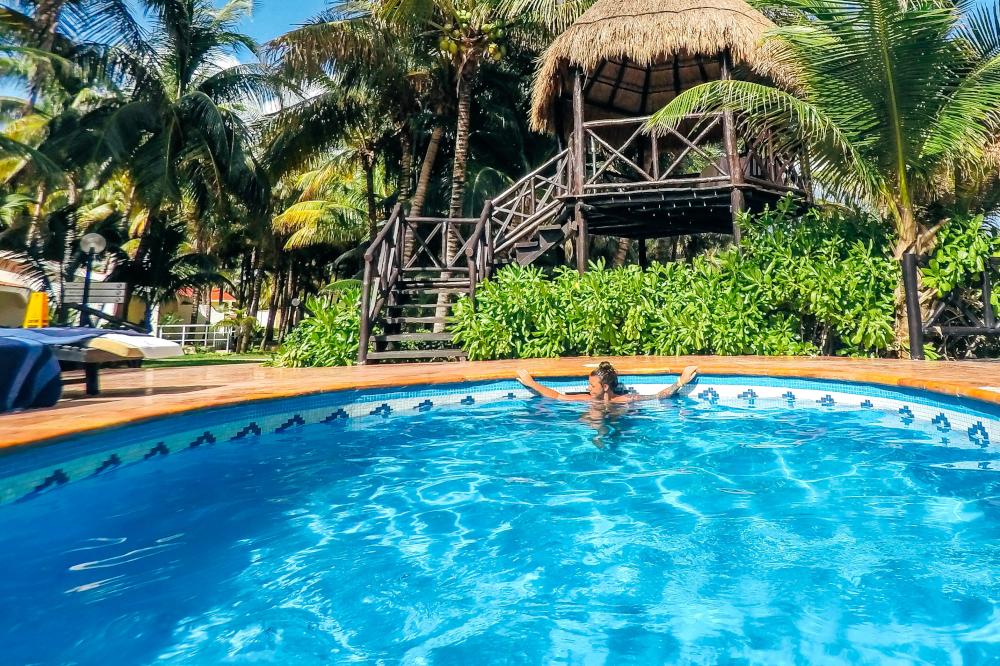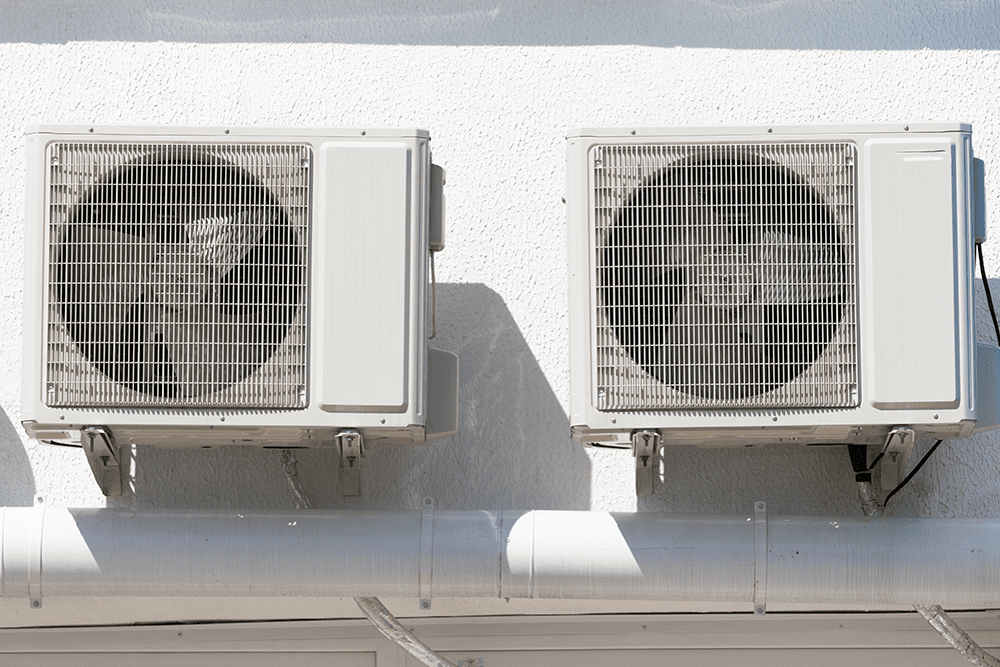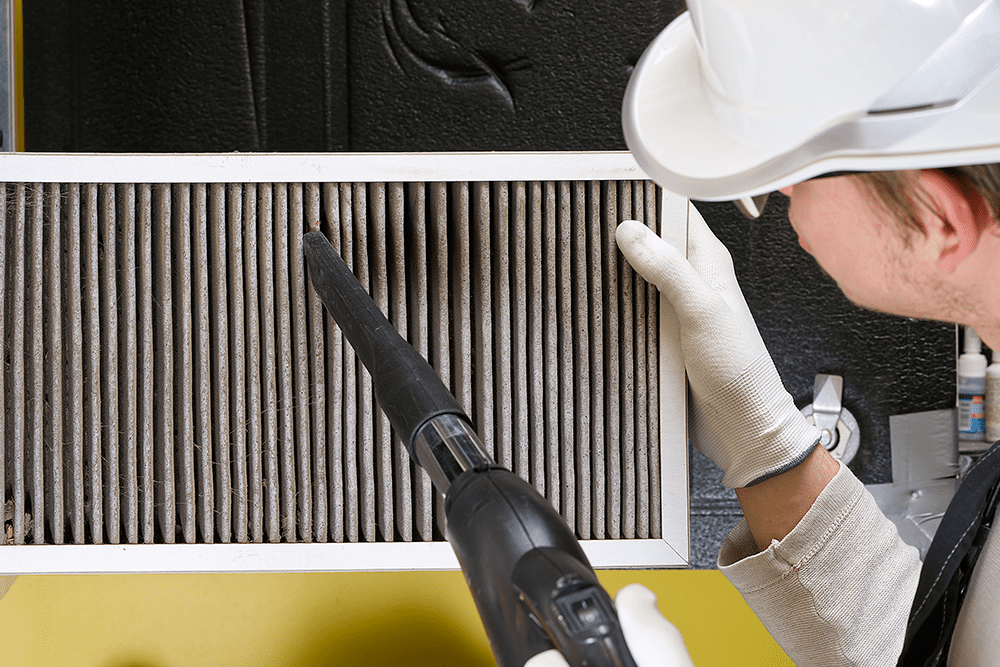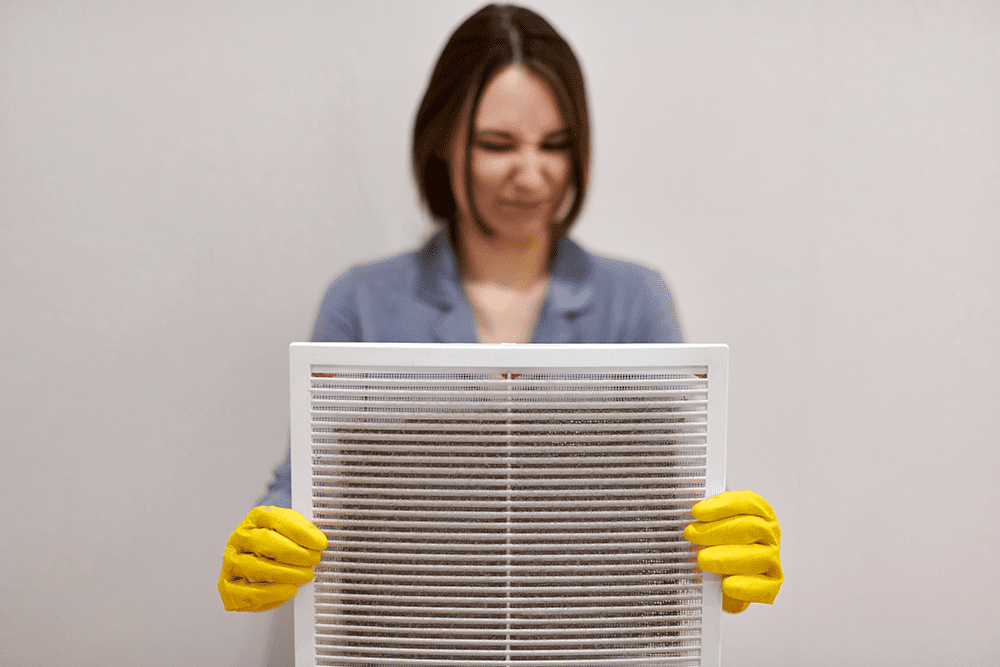
Propane Pool Heaters and You
Installing a swimming pool is an investment—one that will pay off the minute you dive into its inviting waters. But what happens when summer ends? You’ve made a huge investment installing the swimming pool that is the envy of your neighborhood, so wouldn’t it be great if you could enjoy it year-round? Adding a propane-powered pool heater to your backyard oasis will help you do just that.
No matter where you live, chances are there will at some point in the year be days when the temperature is cool enough to keep your family members and guests from swimming. But by using a propane-fueled pool heater, you can heat the water in your pool when you want to—not when Mother Nature decides is best.
Why should you consider a propane-powered pool heater?
Gas-powered water heaters have many advantages over electric models, including faster heating and lower energy costs, and that will still be the case when it comes to your gas-powered pool heater! You can enjoy all the benefits you do in your home, but in your pool as well thanks to the technology of propane pool heaters.
If the task seems insurmountable, don’t worry! Installing a pool heater is a lot simpler than you might be thinking, and it’s even easier if you’ve already got a gas line in your home! Those lucky enough to already be using propane will only need to run an extra line from their gas tank to their pool heater. However, if you are new to propane and want to get a tank set up at your home, it is easy to have one installed and then run gas lines from the tank out into your pool heater (and several other outdoor living products).
What size propane pool heater do you need?
When you’re considering whether to install a propane pool heater, the first step is determining what size heater you need. Gas pool heaters come in a variety of sizes and are rated as to how much energy they consume. Some gas-fired models can produce up to 450,000 Btu per hour. A pool professional can determine the right size heater for you by performing an accurate analysis, so don’t break a sweat if you aren’t sure before you make the call.
The Department of Energy recommends that you consult with a professional to determine the right-sized pool heater. This is because they take into account several factors, including the difference between your pool’s and average air temperatures (sometimes called “freeboard”) as well as how windy it tends to be in your area when setting up such equipment. Gas pool heaters usually have the efficiency rate printed right on their nameplates.
When deciding whether to buy a propane pool heater, your best bet would be to consult the company that sold you your pool. Or you could always give Florida Air Express’ local office a call. So, get ready to kick back, relax and enjoy the party—with plenty of tunes and extra-strong drinks. Propane has you covered!
continue reading
Related Posts
Find the Perfect HVAC System for Your Multi-Story Home Are […]
The Hidden Costs of Neglecting Your HVAC System Is your […]
The Air We Breathe: Improving HVAC Airflow and Distribution in […]



